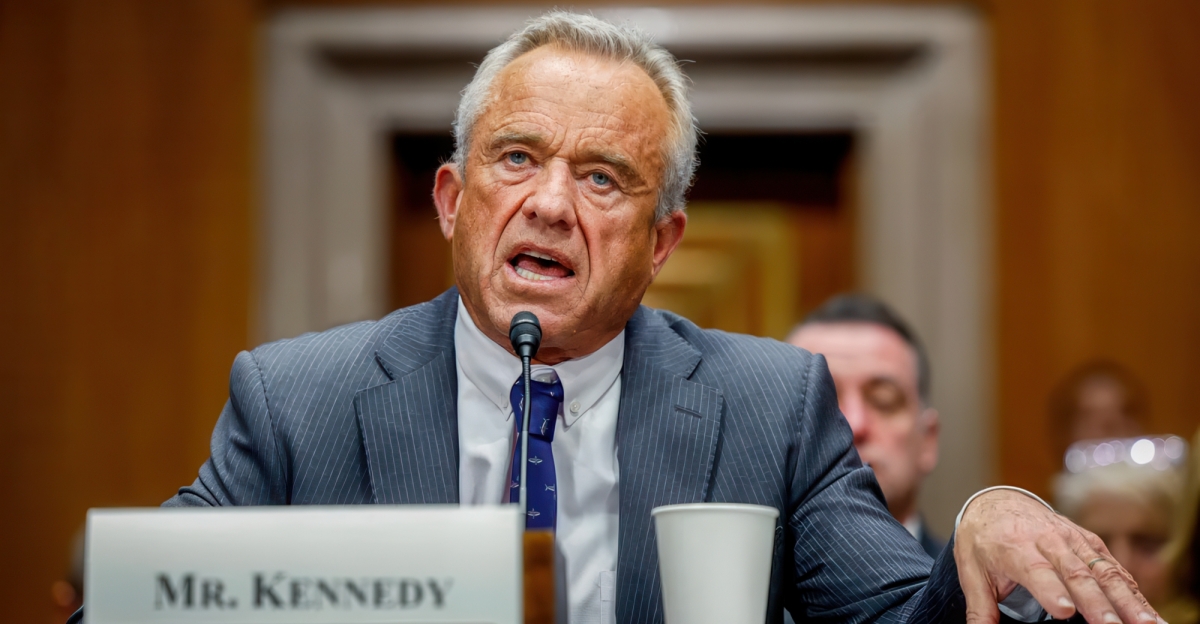
When President Donald Trump tapped Robert F. Kennedy, Jr. to be the new Secretary at the United States Department of Health & Human Services, many were worried. RFK, Jr. is a known vaccine skeptic who has actually been responsible for measles outbreaks in various territories. If he controlled the DOH, it was always possible he’d begin to limit vaccine access to the average American.
He claimed he would not do anything of the sort in his hearing with the Senate. Of course, we knew Republicans had control in both houses of Congress. Therefore, President Trump could put pretty much anyone in front of them, and they’d likely be confirmed. RFK, however, was someone even they were unsure about.
He was grilled in his hearing, but despite lacking any medical credentials or understanding how the DOH worked, he was confirmed. It’s uncertain, based on recent events, if he will remain in his role. However, the damage he has done is critical. This includes a recent event when RFK and his “new” vaccine panel were set to vote on critical vaccines such as the MMRV and Hepatitis B vaccines.
We recommend hanging on, because this is a wild story that you’ll want to discuss with others.
Vaccine Recommendations
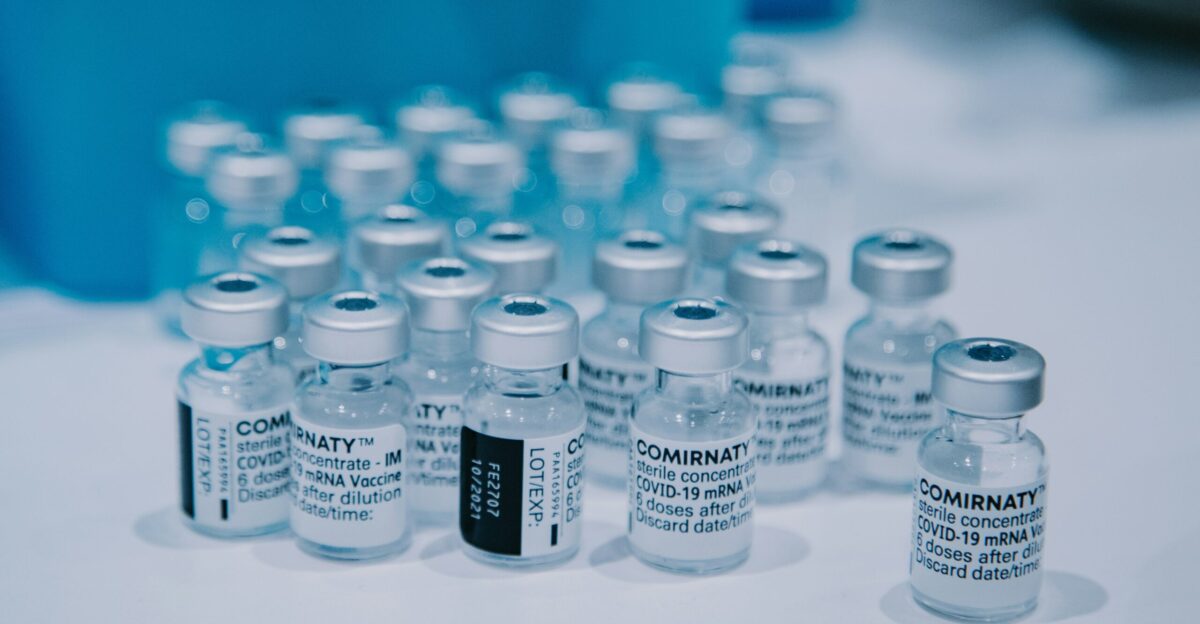
A lot of the time, people do not realize what it means for the government to “recommend” vaccines. It is critical to know that when the DHS recommends a vaccine, the government also helps to pay for it. That is why, for many years, you were able to get your vaccinations at a reduced cost or completely free.
Some vaccines are not recommended, but could be helpful for specific reasons. For instance, if you’re traveling overseas, you might need a vaccine that you wouldn’t typically require in the United States. Yet this would require a doctor’s approval, so insurers would likely cover it. However, what if regular or critical vaccines are no longer recommended? We’re now seeing what could happen if such a thing were to take place.
Currently, the COVID-19 vaccines are not recommended; therefore, they are not covered by the government. This means that if you want to get it, you’ll have to pay full price unless your insurer helps to cover it.
Critical Change If Current Recommendations Go Away
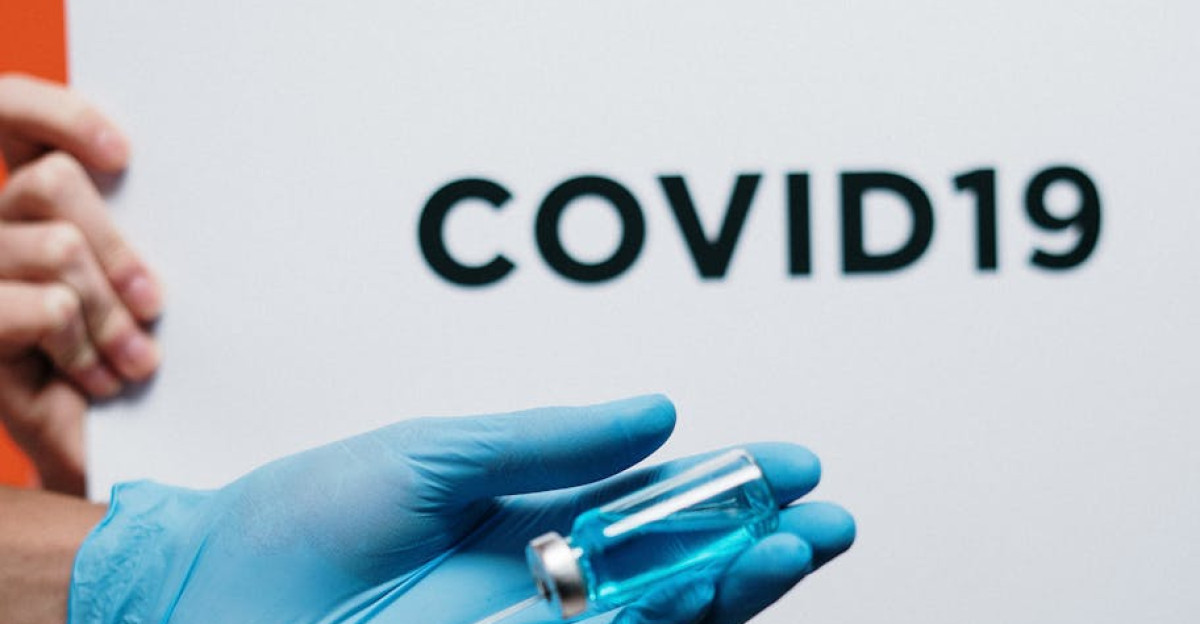
Regarding the COVID-19 vaccines, some people might need to get them because they are immunocompromised. Others might want it because, like the flu, COVID is becoming common enough for people to catch it at random. Yet right now, people must pay full price. Some might assume, well, my insurer should cover it, right?
Yes and no. Some might, sure, and it might depend on your plan, as well as doctor approval, and much more. What if you use Medicare or Medicaid to help with medical expenses? As a government-controlled entity, they’ll no longer cover vaccines that the Health Department does not recommend. Therefore, if you use one of these for health expenses, you’ll pay out of pocket for the COVID-19 vaccines.
If you work for the government in any form, such as teachers and police, all the way up to Congress, your health insurance is also based on government recommendations. If vaccines are not recommended for you or anyone, then you’ll pay full price for them, and it’s likely fewer may be made as a result. Thereby cutting off access to some of our most critical vaccines.
RFK Removes Every Person On Vaccine Panel
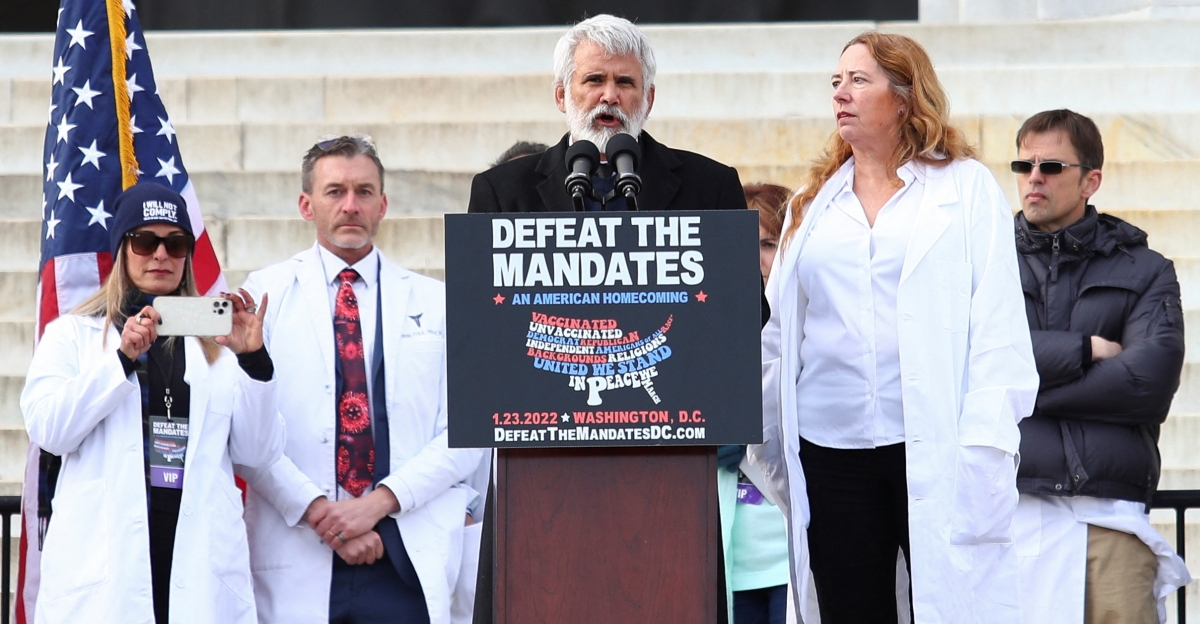
Before deciding to vote on vaccine changes, RFK chose to fire the previous panel member of the vaccine committee (known as the ACIP). We’re talking those with years of medical experience. He replaced them with vaccine skeptics; some even lacked the most basic medical experience. Meanwhile, others who had medical expertise are heavily connected to grifts or anti-science rhetoric that helped them gain notoriety among conservatives. It’s worth knowing who these people are before we get to how voting took place.
The most prominent might be Robert W. Malone, who claimed to be the inventor of mRNA Technology. Robert was indeed part of research in the 1980s, where they found ways to get into mRNA cells. Yet the current mRNA technology we use in modern vaccines took decades to perfect, which Malone was not part of. The two most notable are Nobel Prize winners Katalin Karikó and Drew Weissman.
Malone has appeared on several conservative shows and podcasts, most notably during the height of the COVID-19 Pandemic. He criticized the Biden Administration’s handling of the situation and was a key figure behind the movement to use medications like Ivermectin and Hydroxychloroquine. He’s a conspiracy theorist with no real credibility any longer, yet Malone is sitting on this panel!
Other Newer Vaccine Panel Members
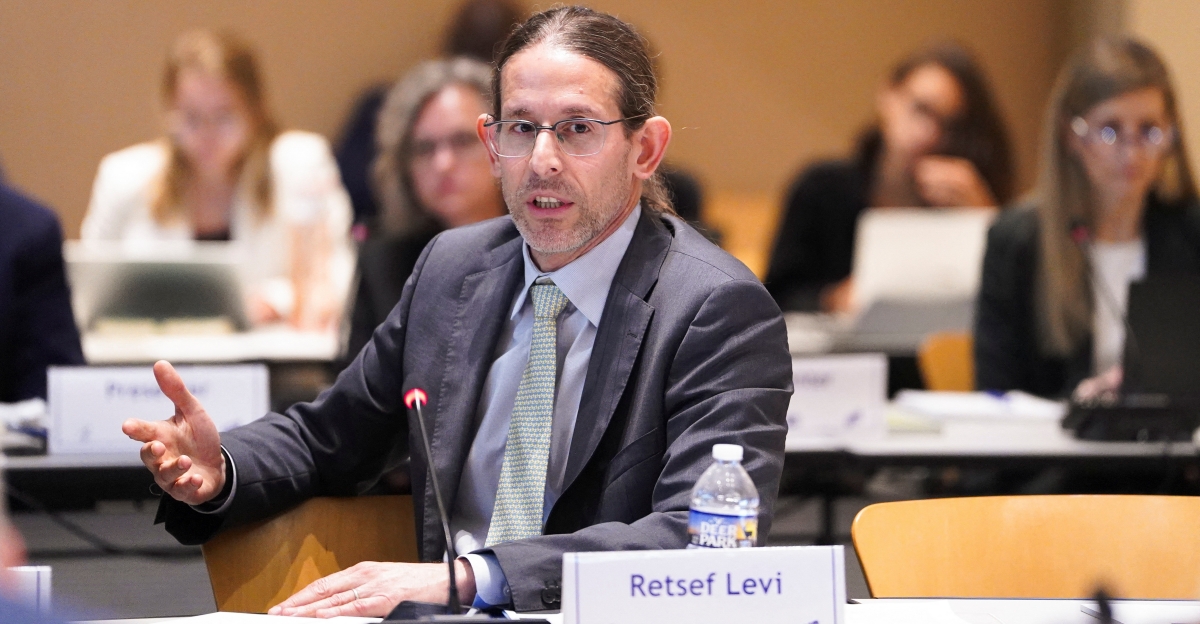
Retsef Levi is a professor of Operations Management at MIT. Kennedy claimed that Levi is an expert in healthcare analytics, risk management, and vaccine safety. None of these connections relates to his PhD in Operations Research. While he opposed COVID-19 booster shots, the most significant claim he is associated with is the alleged side effects of the COVID-19 vaccines. Including heart health issues, which were a focal point of right-wing criticism of the vaccines, and were never a major side effect.
Kirk Milhoan was at one point accused by the Hawaii state medical board of spreading COVID-19 misinformation and now sits on the Kennedy-aligned Independent Medical Alliance. Michael A. Ross was described as a Clinical Professor of Obstetrics and Gynecology at George Washington University & Virginia Commonwealth University. However, Ross did not appear in any school or faculty directories. GSU later told CBS News that Ross did work there as a Clinical Professor, but not since 2017.
Vicky Pebsworth was another addition, and a former consumer representative on the FDA’s vaccine advocacy committee. She is the Pacific Regional Director for the National Association of Catholic Nurses. An issue with Vicky is that she said in 2020 that she is a volunteer research director for the National Vaccine Information Center (NVIC). She also claims to be “the mother of a child injured by his 15-month well-baby shots in 1998.” The NVIC is a well-known anti-vaccine advocacy organization, with its founder notably among the key figures in the anti-vaccine movement.
These are only a few additions to the panel by Robert F. Kennedy.
The Major Votes
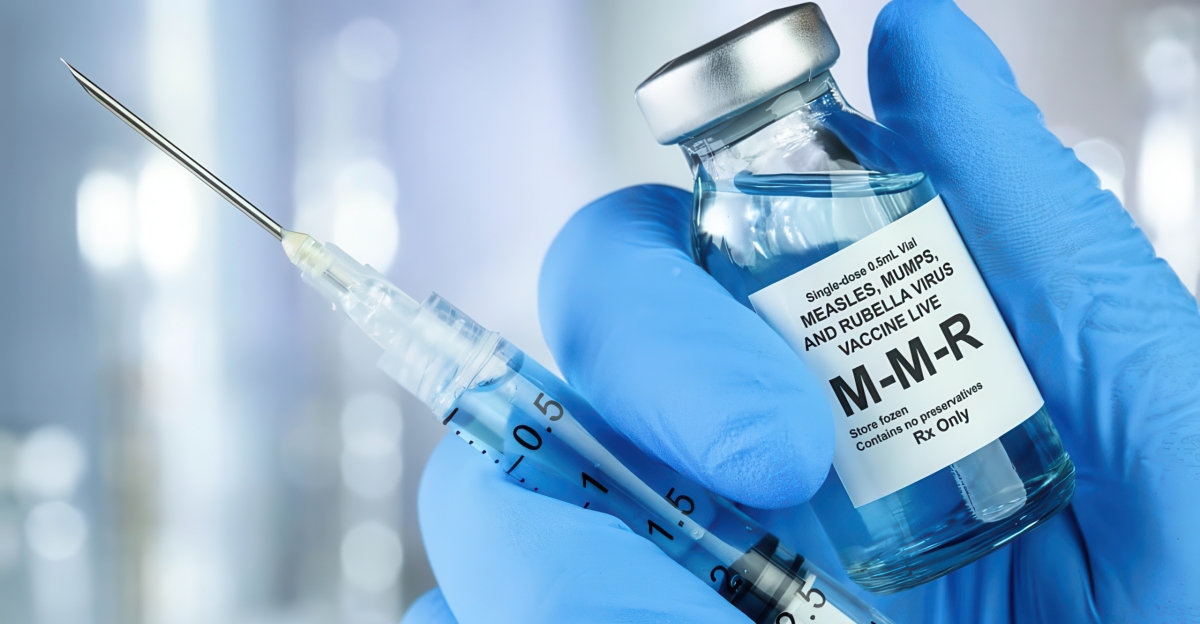
The committee voted 8-3 to stop recommending the combined MMRV shot (measles, mumps, rubella, varicella) for children under age 4. They instead want kids to get separate MMR and separate varicella shots. A final CDC approval was still required, but RFK ensured their compliance by replacing most of the leadership there as well.
Why did they do this?
The panel cited a slight but known increase in febrile (fever-related) seizures seen in younger toddlers after the MMRV combo shot. The seizures were not present with separate injections for the MMR and varicella shots. While the seizures were not common, those who did experience them typically had a brief seizure with no long-term effects.
The Problem With This
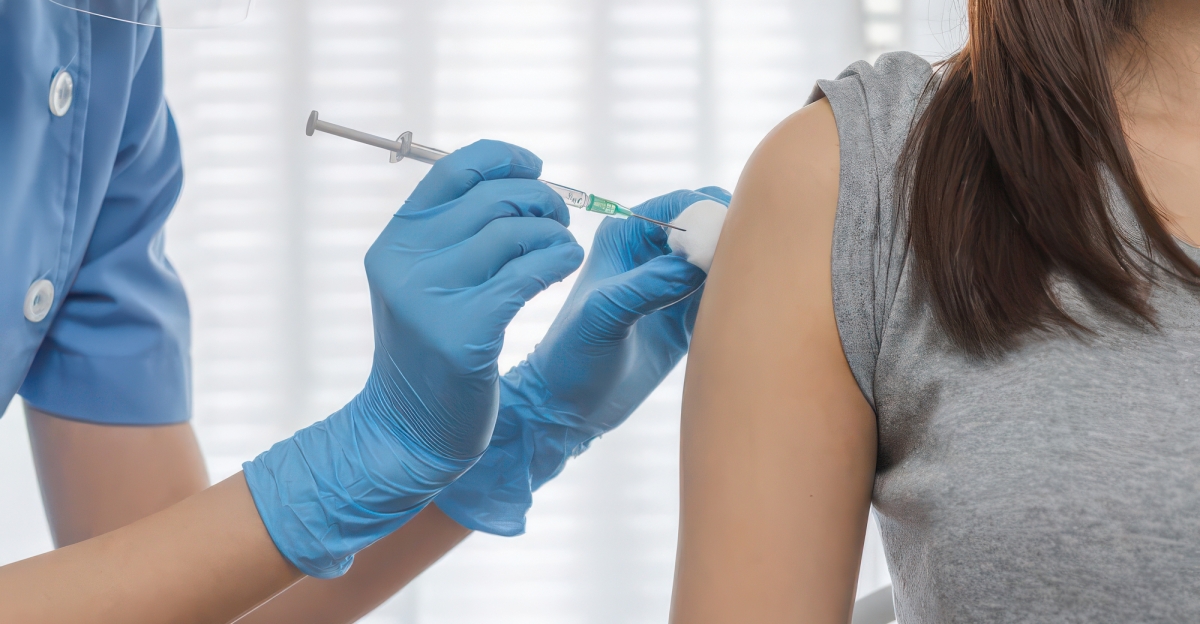
There are two larger problems. First, most people believe this should be up to parents to decide. If they prefer the two separate shots, then this could still take place. However, if they want the combo for their child, that should also be allowed. As long as the kids get the vaccines, however, everything is good.
Yet there is also a risk here, as it’s going to require multiple shots. That means two doctor visits, on two different days. Requiring parents to take off work and presenting a risk that children might miss or delay a dose for longer than is recommended.
There are also questions about coverage and access. Federal programs and insurers usually follow ACIP. Some reports noted a back-and-forth vote about how the Vaccines for Children (VFC) program would handle the combo shot for those under 4 years old. The CDC will likely offer more clarification once it issues its final recommendation, however.
Hepatitis B Vaccine
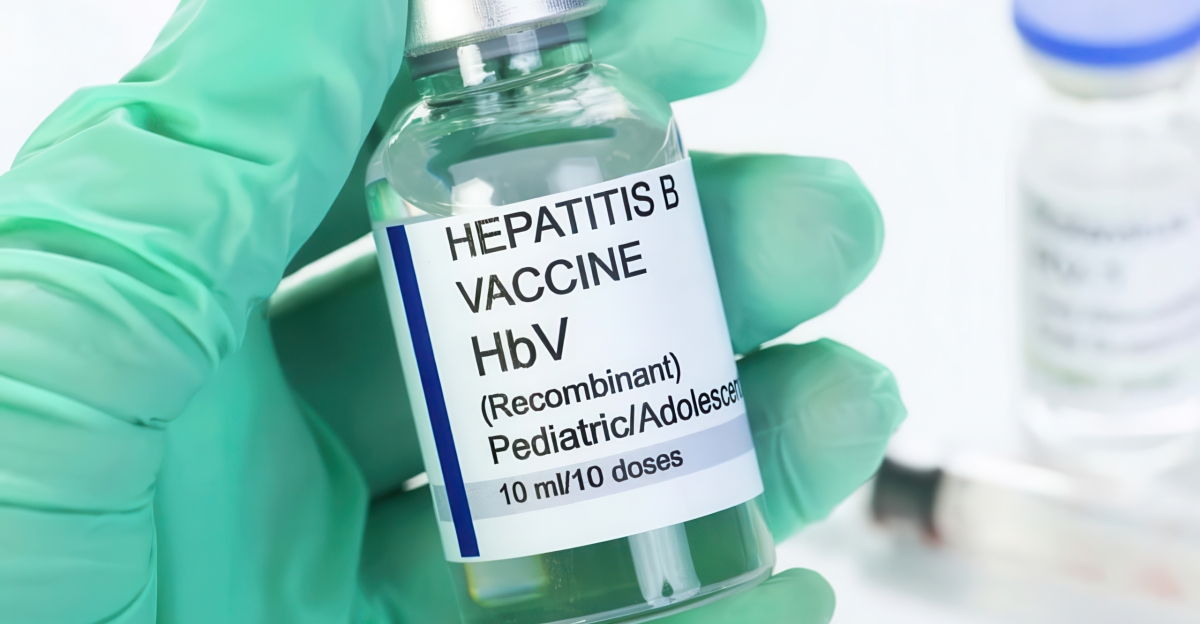
The vaccine panel chose to discuss the Hepatitis B vaccine on Friday, the day after the other discussions. However, they decided to table the discussion and are keeping to the standard recommendations for Hep B vaccines. The plan initially was to delay the first dose until the child was at least one month old, compared to giving the first dose 24 hours after birth.
Some have questioned why we need to get this vaccine when many people, especially in the United States, never seem to catch the virus. In fact, the only way you can actually catch this virus is if you come into contact with the blood, semen, or other body fluids from an infected person.
However, this is a significant thing that herd immunity has truly excelled at helping us avoid. By getting the vaccine, you’re less likely to catch the virus in these situations. Yet most importantly, you’ll be able to fight off some of its most deadly symptoms if you do manage to catch it. Plus, it is critical to get as early as possible because Hep B contact could happen at any time. You do not want a child under two, especially to catch such a virus at such a vulnerable stage in their life.
Before tabling this, the ACIP recommended testing all pregnant women for Hepatitis B. While testing pregnant women for diseases is fine, some believe this is an attempt by the RFK-led panel to push a larger narrative.
Why Are We Here?
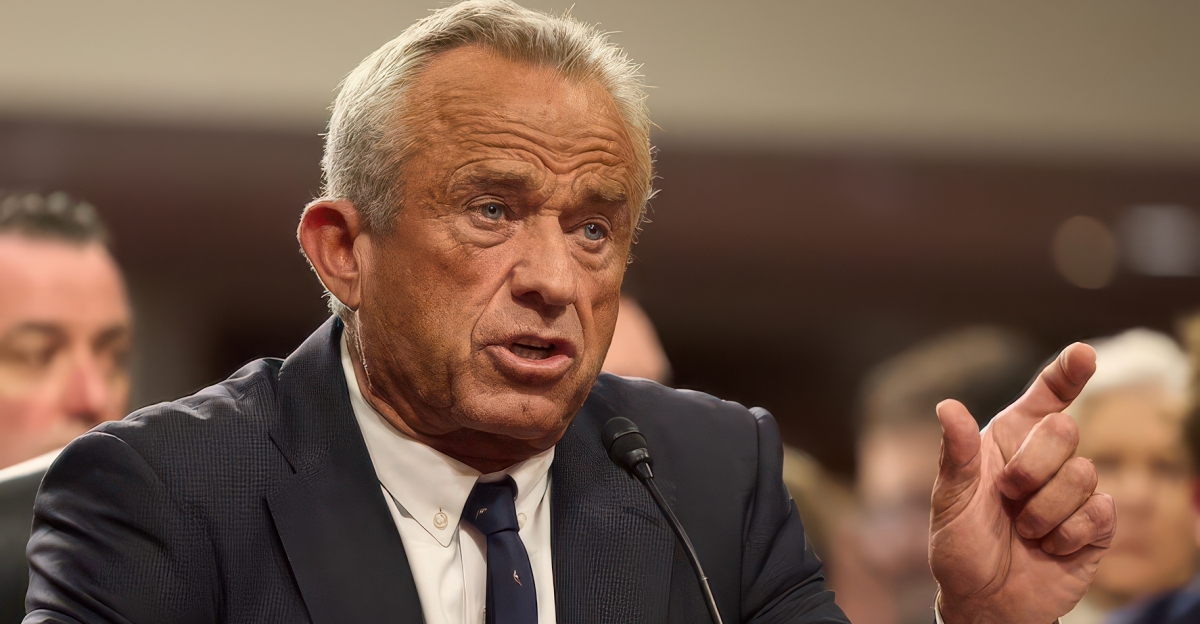
Some are questioning why we’re even seeing these votes. The vaccines we have right now are excellent, and the recommendations on when to get them are also fine. Plus, doctors are still willing to work with parents to determine the best schedule for their children for most of them. The panel did not need to discuss any of this, so why did they?
The answer is simple: optics.
This is, quite frankly, not a right vs left issue. There are just as many liberals as conservatives who are hesitant about specific vaccines or skeptical about most of them. There are many Americans concerned about vaccine policy. However, most of those Americans are not medical professionals. Plus, many have started to buy into lies by grifters in the health space. Did we need to vote on something that ultimately did not change anything right now, but could be changed later? No.
What Could Be Next?
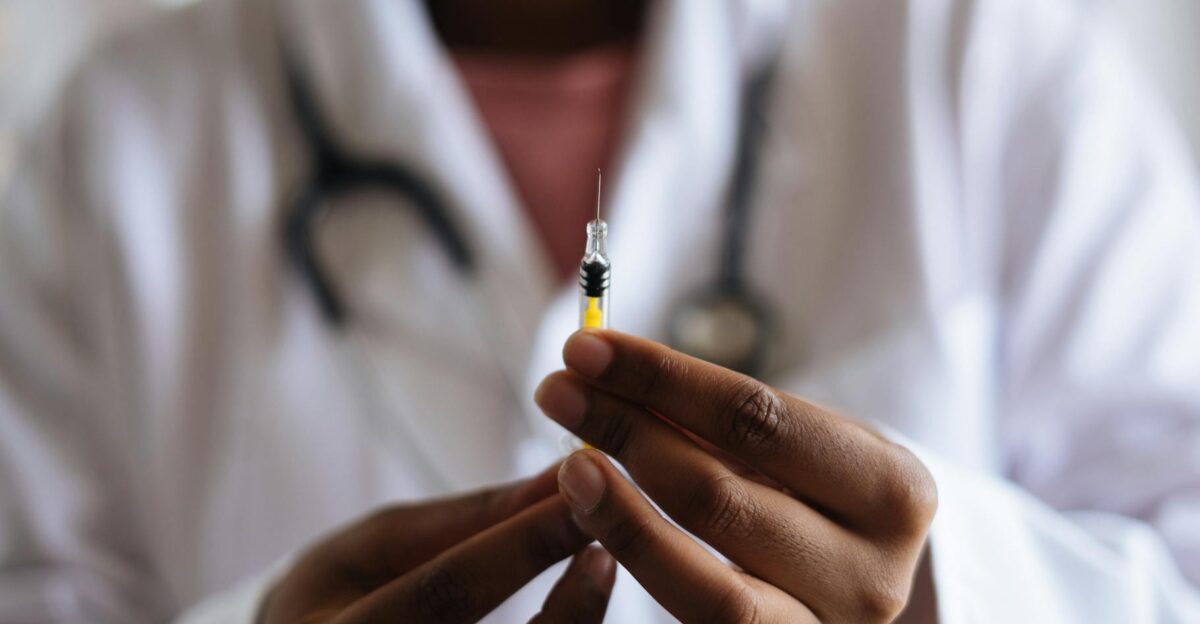
Currently, we do not know what other vaccines will come up for discussion with these panels. The MMR/MMRV vaccines were considered among the top concerns for health professionals. Considering the critical nature of these vaccines, taking away full recommendation would be horrific. Therefore, at least they are not part of this going forward.
Some vaccines that we might still see in danger of being removed from the recommendation list include: DTaP, PV, Hib, Pneumococcal conjugate, Rotovirus, Hepatitis A, & HPV.
Most of us were given the DTaP shot as kids, as it covers diphtheria, tetanus, and pertussis. Many were also given the polio vaccine (PV), and both Hepatitis A & B vaccines. Outside of those and the MMR, many of these vaccines are newer, and millennials likely never had them before, especially the Varicella vaccine against chickenpox. It is possible that all of these, among others, and their boosters, could be up for discussion.
Rise In Skepticism
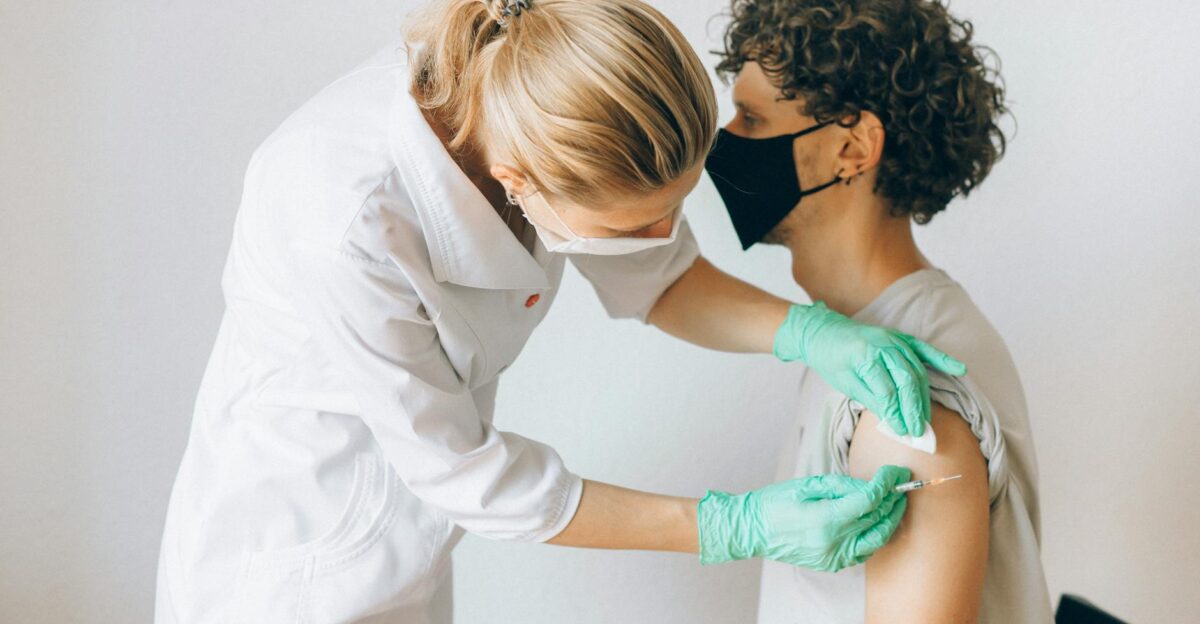
It makes sense that we’re seeing a rise in millennial parents being worried about giving their kids vaccines that they, themselves, likely never had. Heck, some millennials would catch chickenpox at a young age because parents put us with other kids who did, as a way for us to get it early in life and have the usually lighter version.
Yet we did not have access to these vaccines that were developed over decades of research. This is a beautiful thing, and we could be protecting our children from things we had to suffer through. Do you think FDR, if he were alive today, would tell anyone to avoid the polio vaccine? Of course not, he’d be among the first to recommend it for every child.
We’ve come so far as a society, yet for one reason or another, some people fear medical advancement. The rise of the internet has also led to an increase in fear, as people constantly fall into the trap of consuming misinformation about health. However, all this has accomplished is early deaths or long-term problems that could have been avoided. In some ways, it’s good to be a skeptic and to ask questions.
Yet the idea of “doing your own research” can be tough when you do not know what to look for, how to understand it, or even if you’re looking at legitimate info.
Outbreaks

Another issue to consider is that outbreaks of some illnesses can occur at any time. This is especially concerning for children, who love to touch random things and put stuff in their mouths, and are often around other kids who could get them sick from coughing or sneezing. Some viruses are easy to spread, such as the flu or COVID, which is why vaccines are recommended.
We’ve seen measles outbreaks now in several states. As of July 2025, 796 cases of measles had popped up in just Texas. Dozens of other measles outbreaks have happened all across the country. At least two unvaccinated children in Texas died from measles. At least three total have died this year from measles, all unvaccinated.
Mumps has also been on the rise. The CDC reported a total of 226 mumps cases in 34 jurisdictions across the country. As of June, around 189 cases of chickenpox had been reported as well. All of these cases involved unvaccinated individuals, both children and adults. None of them needed to catch, much less die from any of these illnesses.
Medical Experts Know More About This Than You
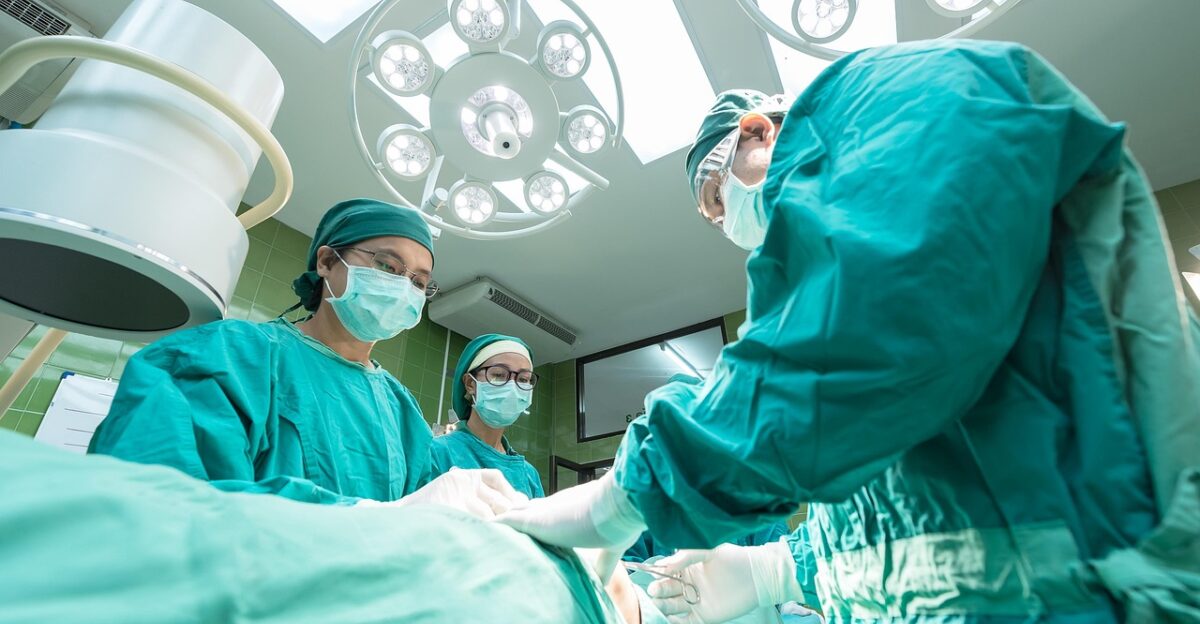
While we know some people feel they can become medical experts overnight by getting on the internet, there are probably those who are a little more knowledgeable. They often attend a university where they study the human body. They know it so well that they could likely understand what does and does not affect it. Plus, they’ll specialize that information to tailor medical needs around specific people and their needs.
One might assume, based on perhaps ten years of university schooling, that they might be worth listening to. Sure, you have a right to speak up for yourself or ask questions. However, the vaccine evidence is well-known and proven. There are no serious arguments against them, and most who understand how vaccines work never question their effectiveness.
We recommend listening to these health professionals. They might be trying to keep you alive or something.